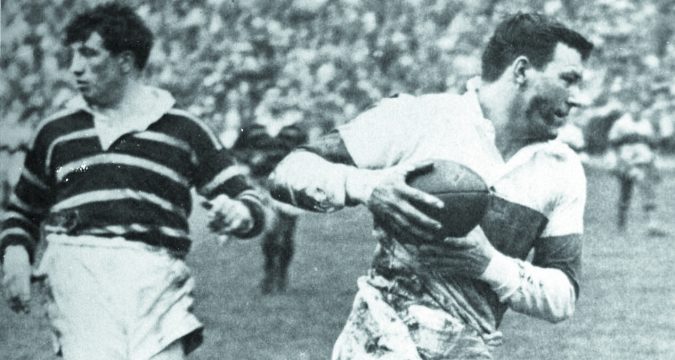 THERE are few sporting greats with a better CV than Neil Fox, Rugby League’s all-time leading points scorer.
His tally of 6,220 points, garnered over a wonderful 25-year playing career, will surely never be broken. Most of his success came as a Wakefield Trinity player, for whom he debuted at the age of 16 in 1956. He played professionally unt
THERE are few sporting greats with a better CV than Neil Fox, Rugby League’s all-time leading points scorer.
His tally of 6,220 points, garnered over a wonderful 25-year playing career, will surely never be broken. Most of his success came as a Wakefield Trinity player, for whom he debuted at the age of 16 in 1956. He played professionally unt Rugby League Heroes: Neil Fox OBE
 THERE are few sporting greats with a better CV than Neil Fox, Rugby League’s all-time leading points scorer.
His tally of 6,220 points, garnered over a wonderful 25-year playing career, will surely never be broken. Most of his success came as a Wakefield Trinity player, for whom he debuted at the age of 16 in 1956. He played professionally unt
THERE are few sporting greats with a better CV than Neil Fox, Rugby League’s all-time leading points scorer.
His tally of 6,220 points, garnered over a wonderful 25-year playing career, will surely never be broken. Most of his success came as a Wakefield Trinity player, for whom he debuted at the age of 16 in 1956. He played professionally unt 